
Like almost everyone here, I was immediately a fan of Bryan Singer’s after watching THE USUAL SUSPECTS. Of course his work on X-MEN and X2 (still what I consider to be one of the best superhero movies) solidified his reputation as a top-notch director. After SUPERMAN RETURNS he decided to return to his roots with a character-driven thriller. Of course this thriller, VALKYRIE, just happens to star the biggest movie star in the world – Tom Cruise.
I was lucky enough to spend just short of an hour talking with Singer after Thanksgiving and the man is nothing short of a savant when it comes to WWII history (I timed one of his answers and it came in at 9 minutes and 23 seconds). We talked German history, Nazis, having Tom Cruise star in your movie and, as a die-hard STAR TREK fan, whether or not he had seen JJ Abrams new TREK movie (though he was invited to, he hadn’t seen it yet). Check out my chat with Bryan below and make sure you get a chance to see VALKYRIE in theaters this holiday season.
Bryan Singer
So you and Chris [McQuarrie] grew up together in New Jersey?
Yup. We were making WWII movies in my backyard.
New Jersey is like the new Hollywood.
[Laughs] Not quite…
As I was doing some research after seeing the film, I
couldn’t believe how historically accurate the majority of the film was.
There was a lot of time spent researching. Nathan and
Chris [the co-writers] did an awesome job research the script and when we got to
Germany, everything from meetings with members of the Stauffenberg family to
sitting down and having lunch with Hitler’s bodyguard [laughs].
Really?
Yeah. And being in Germany and realizing the importance of
the story to German people. Accuracy suddenly became even more paramount
every day that we were there.
How far had Chris and Nathan gotten in the script when they
presented it to you?
They had a draft of the script. I had read a few things
that Chris had written over the years and this one appealed to me for a variety
of reasons and I optioned it from Chris basically with the understanding that we
would produce it together. We took it to United Artists and set up a deal
to make it with them thinking of it as a smaller, character driven film.
That was how we envisioned the film. The deal was closed with that in
mind.

It was only after the fact, having meetings with Tom and seeing
his enthusiasm for the project and his physical resemblance to Stauffenberg as
well as who he is as an actor did Chris and I begin to think, “Wouldn’t
this be neat?” And then there was a photo of the cover on one of the
Stauffenberg biographies that was very provocative and I kinda looked at Tom and
Tom looked at the picture and it was like, “You wanna do this?”
And rather quickly he came on board as an actor. Then he
switched gears and went from studio head to actor. And then we started
assembling the rest of the cast.
What are the complexities that arise when Tom Cruise signs on
to star in your film? How does that change the make up of the production?
What it brings initially, which is positive is the fact that it
opens up a whole other market for the film. A whole new interest level for
the film globally. That opens up an opportunity to have a little bit more
money and to then work out a schedule and work out the economics to get all the
cast members you want as well as shooting in a lot of authentic locations and
actually being able to represent the historical aspects. Which are
expensive. Costumes, very expensive. We’re using real aircrafts,
live explosives and then 800 visual effects that you don’t even see that have to
do with the removal of his hand, fingers and eye.
Almost certainly without Tom as an actor in the center of the
movie we wouldn’t have Tom and I think he’s really wonderful in the picture and
you wouldn’t have all those toys [laughs].
It must be frustrating though that with those positives comes
a certain amount of scrutiny.
Yeah… It was something that I think took all of us by
surprise, including Tom. Yet…it’s something that Tom and I, on some
level, Tom probably more than I, have experienced before. It’s not
uncommon. I remember huge skepticism before I did X-MEN 1. Nothing
was right. The costumes, the characters… Nothing I did or tried to do
was right until the movie came out. Here, we get it for different reasons
that I don’t even understand. I don’t understand how they get started.
See how European tabloids translate over into American
mainstream news is very bizarre. The only safety from it was that we were
making the movie. Every day we were making the movie and worrying about
the movie and enjoying the experience. All that stuff was happening off
our set. We weren’t sitting there with the Enquirer or whoever was
scrutinizing. It’s just frustrating that you move your release date the
media interprets that and the media interprets the subject
matter…everything. It kinda was odd. But I remember having those
feelings before with X-MEN and getting used to them.

I think Tom has had them with everything he’s done. You
should talk to Tom cause he’s better to talk to about this than me. He’s
made a lot of challenging choices that people have told him were crazy and wrong
and bad and his gut instinct is that he’s very driven by good characters and
good stories and good filmmakers. If you look at the legacy of
filmmakers he’s worked with, that’s quite apparent.
Are you ever tempted to pop up online somewhere and just
refute all these rumors in one fell swoop?
There are definitely moments you want to do that. Once I
did that many, many years ago where something I said in a class, speaking at
NYU, got misinterpreted by a student and posted on the internet. It
sounded hurtful to an actor but what I said was completely misreported by a
student and somehow became a news item. I remember going online and saying
“This is me and I’m clearing it up…” But I’ve learned to just
do it through the movie. Don’t try to explain your way out of people’s
prejudice, just do it with the movie. Do it with your actions. As
opposed to doing it by proclamation.
But no doubt there are moments where you just want to go,
“What are you talking about?! Where did you hear that?!”
It was fascinating though too. My apartment was two blocks down the street
from where Tom’s hotel was so occasionally I would get his spillover paparazzi
[laughs]. You get a little sample of that. It’s interesting.
It’s a whole different world. He does it with a lot of grace. A lot
more grace that…some other actors.
I’ve only met him once but he was easily the nicest actor
I’ve ever met.
I had a lot of friends, both Chris and I, we had a lot of
friends visiting the set with family and people who were complete strangers to
Tom and there was nothing but complete openness. To the point where we
were here shooting in the desert, we camped out. We had a bunch of buses
and we camped out. We had barbecue and tons of my friends he had never
even met and after the initial shock of “Wow that is Tom Cruise sitting
there and there’s Suri and Kate and we’re all here!” it’s just a bunch of
people hanging out. For me as a filmmaker, it’s a blessing. To have
someone at the center of your movie that is that nice and hardworking… I
knew that no matter what I could never ask for as many takes as Stanley Kubrick
so…[laughs].
It makes my job so much easier and a more pleasurable
experience. And he cares about the movie a lot. He’s very proud of
it as Chris and I both are as well.
Besides Tom, the majority of the other actors in the film are
British. Was that a conscious decision or just a byproduct of trying to
find the best actors?
It’s simply looking for the best actors. We had two actors
– Christian Berkel and Thomas Krestchmann – who are German and Carice van Houten
is Dutch… I felt that there should be a European sensibility in the way that
Tom speaks the Brits bring their accents into a mid-Atlantic and the Germans
take down some of their German and in a way create a European feel. But
the reality is, especially with my history with Ian McKellan and Patrick Stewart
on X-MEN, I have this obsession with working with the entire National
Theater.
The characters are all German and they’d all be speaking German
so their dialects to me, it was definitely just getting the best actor.
I’ve made films based on comic book characters and while they represent
fictional characters, we had to make these real people who really lived and
looked and spoke and wrote a certain way. The more research you do, the
more real these people become to you. The more casting becomes essential
to you. And with casting I’m pretty… Even Hugh Laurie, I cast him
in “House” and I didn’t even know he was British! That was a
surprise. I watched him on tape and thought he was American.
Tom bares a resemblance to his character in real life but did
you look for that physical resemblance in casting some of the other roles?
That was part of it but it was more the essence. Something
in the eyes and the demeanor. A little bit physical, that’s part of
it. The real Tresckow was bald and Ken Branagh isn’t but I’d rather have
one of the greatest actors. But Branagh, if you look at Tresckow’s energy,
he had an honesty that Branagh has. So if you look at the images, if you
go on the website, I hate to say “Look at our website!” but if you
look at the VALKYRIE website, the character of the actors is represented.
And that’s what I looked for. It’s weird and intangible but the casting
process is like half my job quite frankly as a director.

A cynic could say that some of the members of the uprising
were looking after their own post-WWII future. Do you believe these men
were completely altruistic in their efforts to overthrow Hitler’s government?
The movie focuses on those events and how those characters were
involved in those events but I’ll tell you, we produced a History Channel
documentary and there’s an interview with Baron von Boeselager, the oldest
living member of the resistance who passed away shortly after the interview and
he talks about Tresckow and he said, to give a sense of what these characters
were thinking, the Nazis were murdering 16,000 people a day. This does not
include war casualties. These are the murders and this is just in the
scope of what they were aware of. There were probably more. They
weren’t at Auschwitz and didn’t see the true level of it.
So while it’s impossible to define the true motives of each
member of the resistance because only they truly know what they were, in the
knowledge that we have through the writings and letters, these characters and
their disdain for Hitler, his war and the extermination of the Jews, was at the
forefront of their mind. It’s something that we know and it’s something
that emerged more and more as we researched.
And I’m a Jew who’s very sensitive about absolving anyone of
those terrible crimes, there is a great distinction between people who served in
the military and served their country and how they feel about the policies of
their government. That’s the very heart of this story.


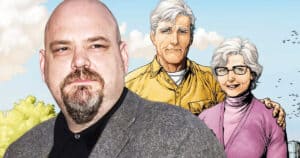
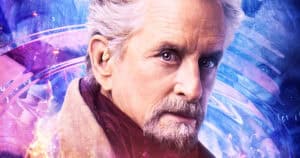
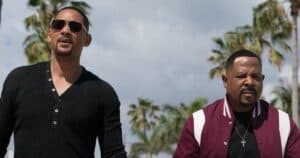

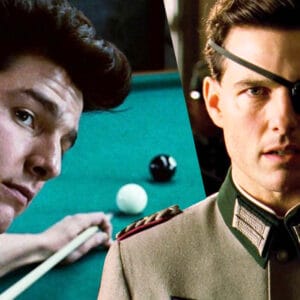
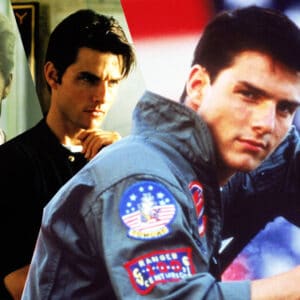

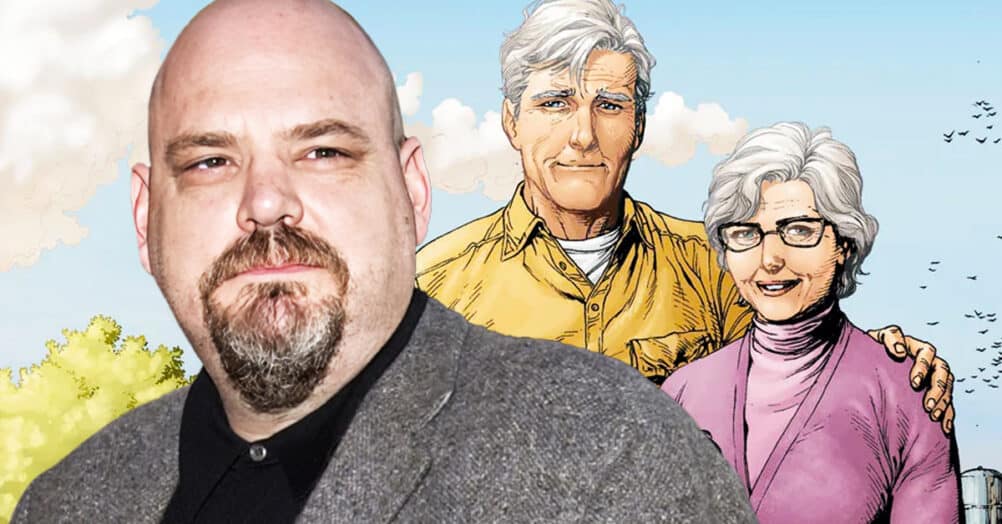
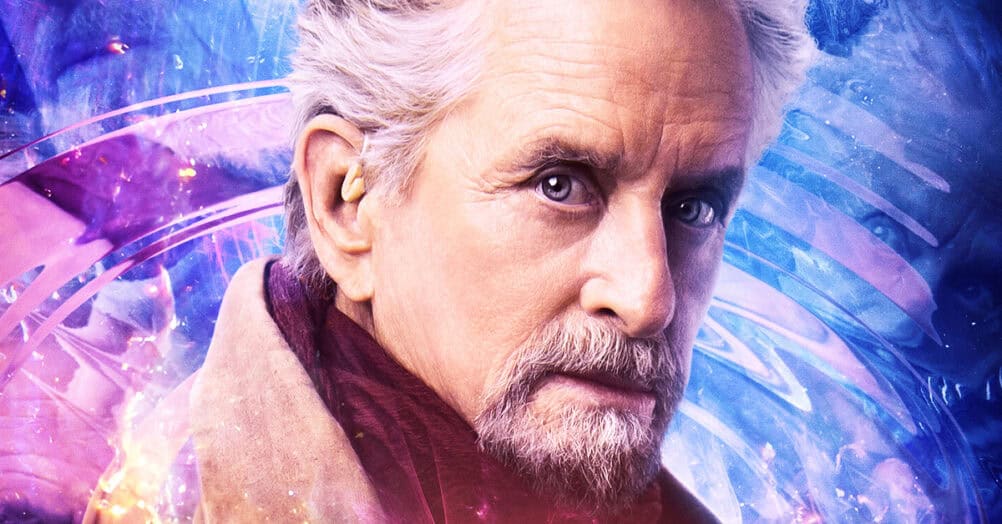
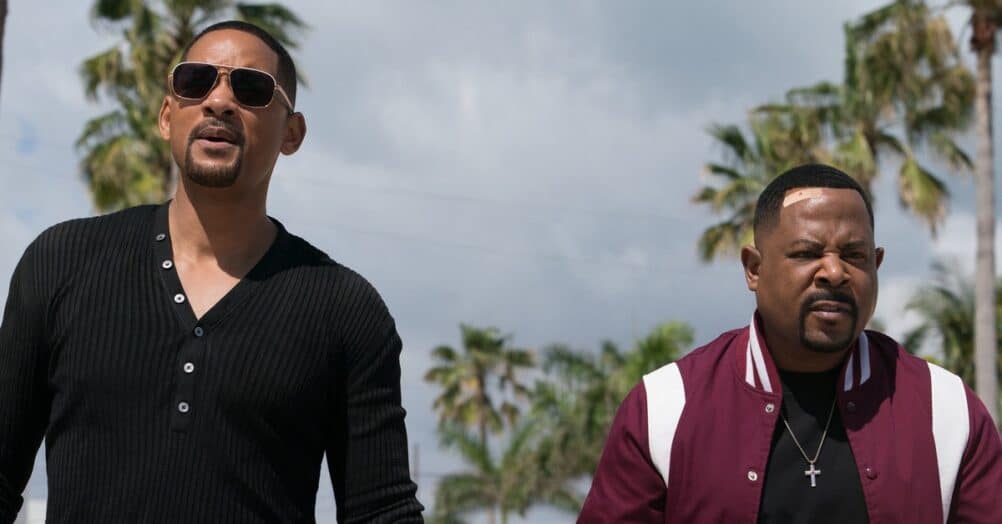
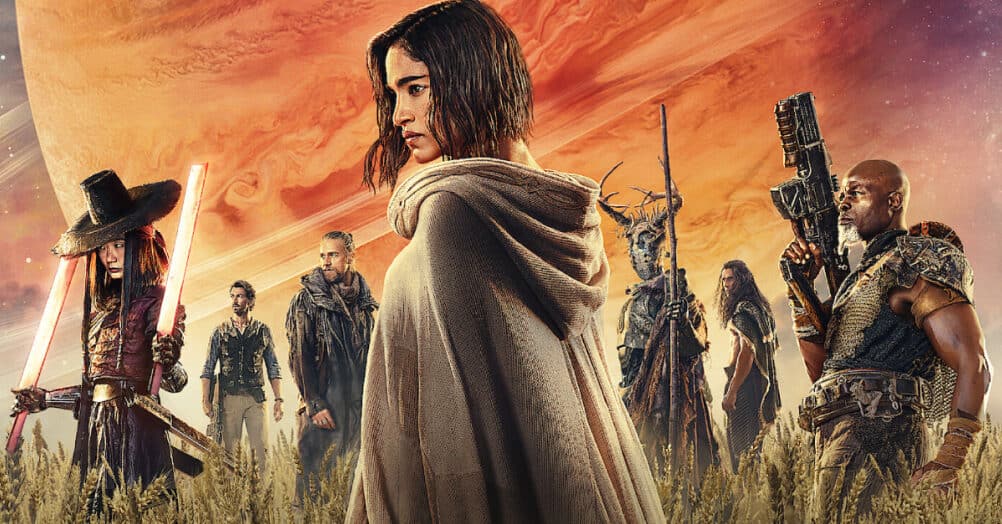
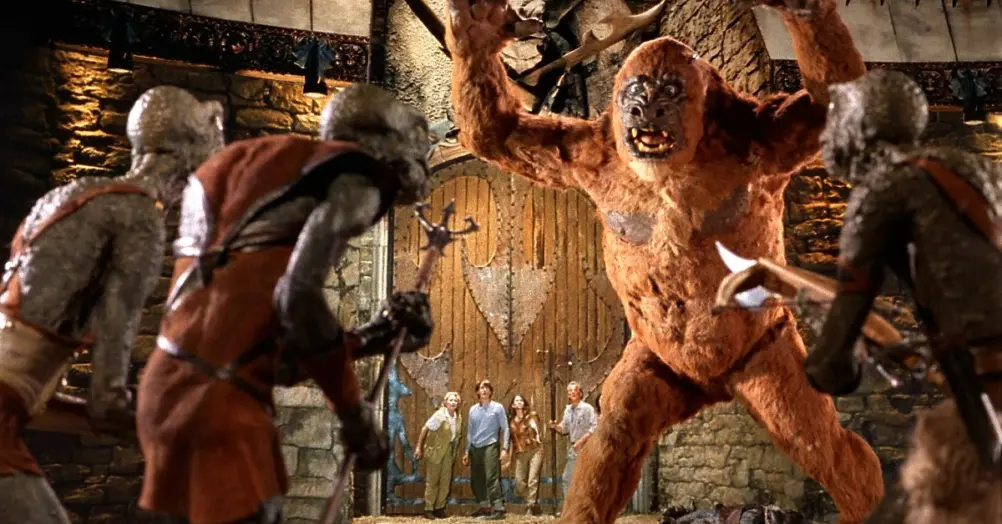
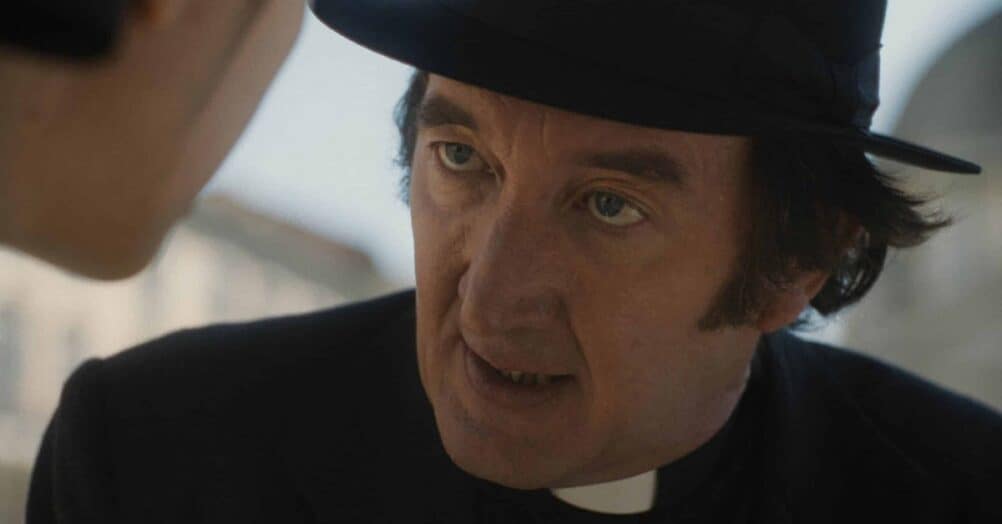
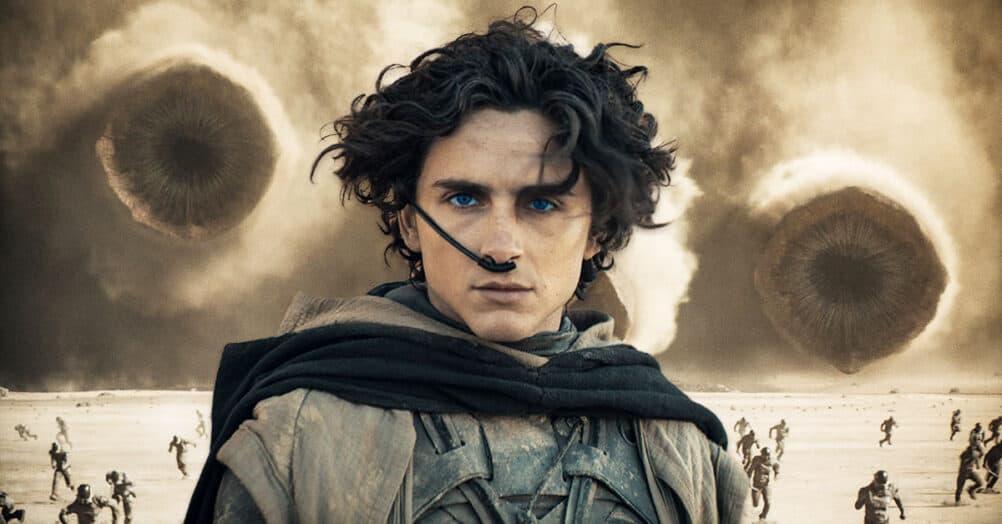
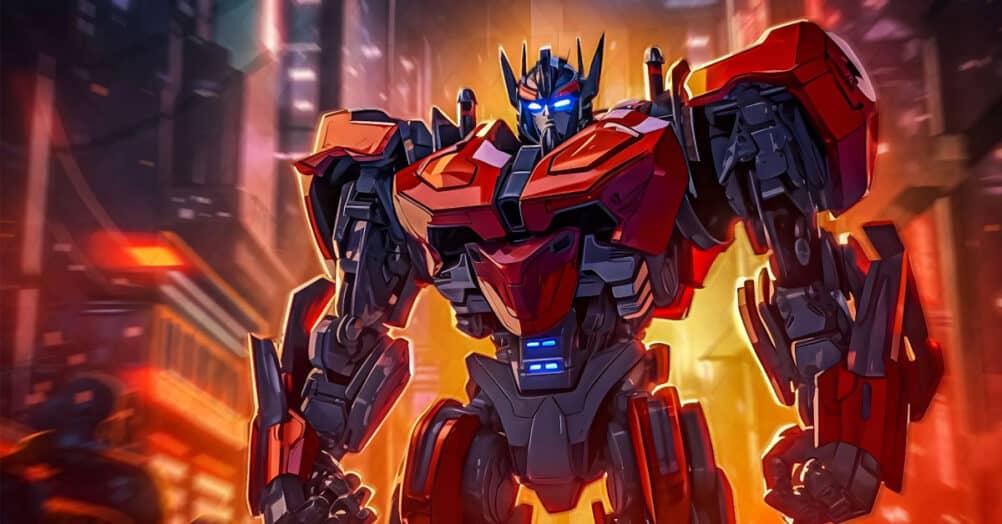
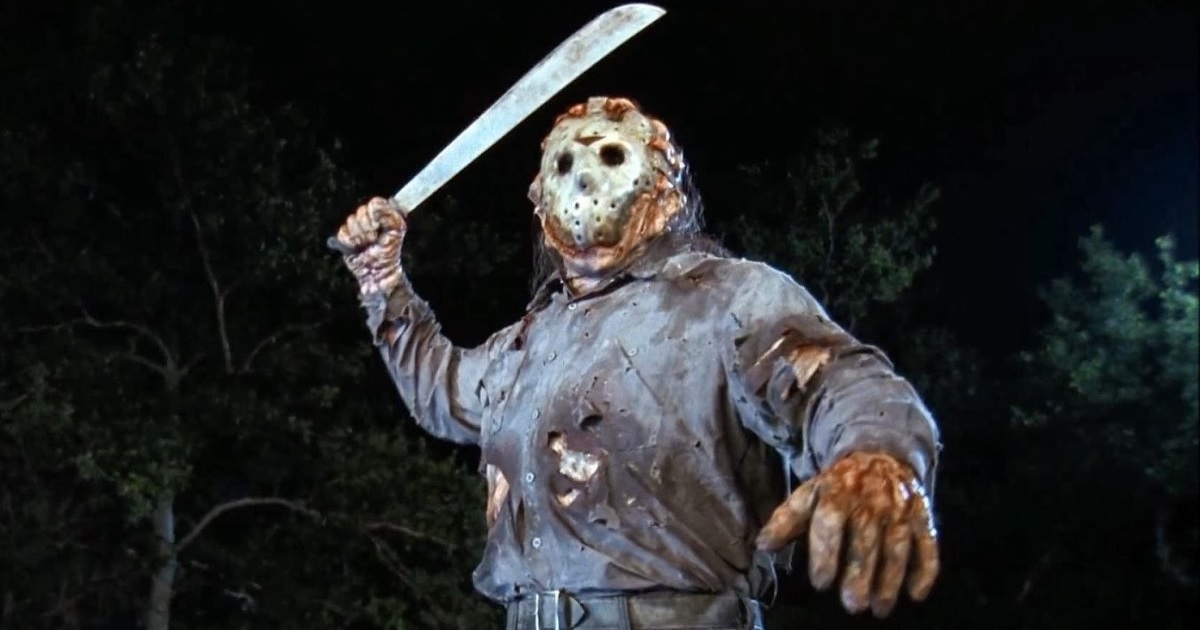
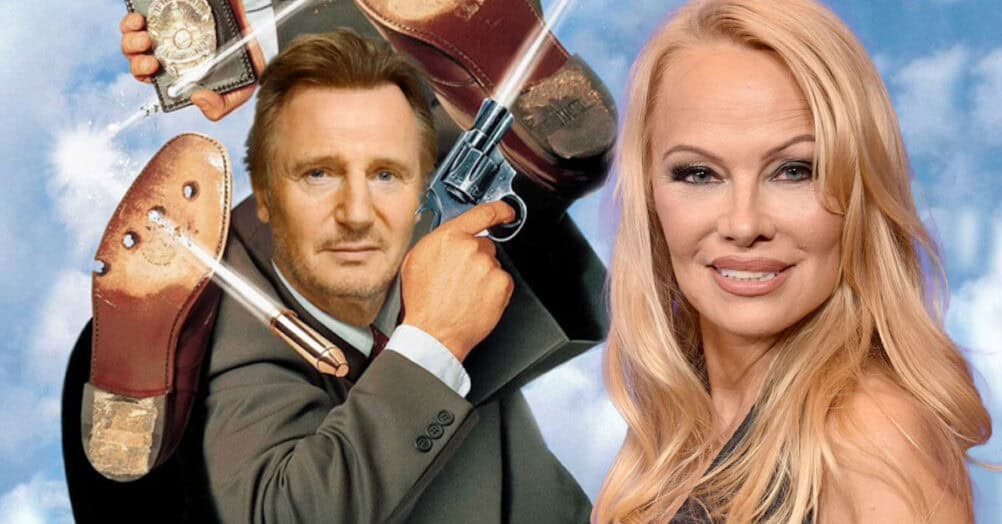
Follow the JOBLO MOVIE NETWORK
Follow us on YOUTUBE
Follow ARROW IN THE HEAD
Follow AITH on YOUTUBE